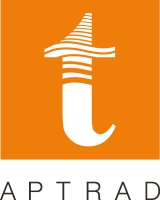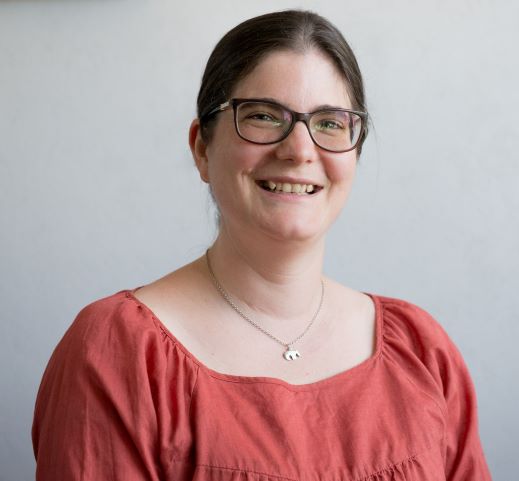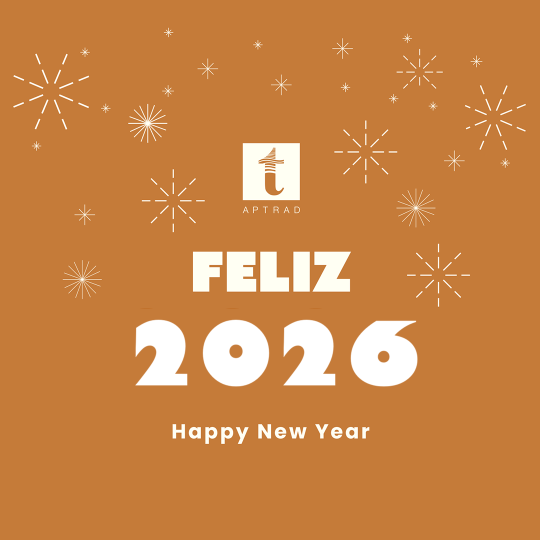Tradutores e Intérpretes pelo Mundo – Kate Sotejeff-Wilson

Livros, para que vos quero?
17/07/2024
Tradutores e Intérpretes pelo Mundo – Amarilis Okida
23/10/2024Kate Sotejeff-Wilson is a translator, editor and writing retreat facilitator. She has been working with academic authors since 1999. We talked about some of the aspects of her career as a language professional, the importance of associations, and she gave some advice for the new generation.
APTRAD: Tell us a little bit about yourself, how you started out in this career, and what made you choose it.
I’ve always loved reading and working with words, my dad was an English literature lecturer and we used to get the dictionary out after dinner to look things up. Because my mum’s family is Polish and I grew up in Wales, I was always aware that there are different ways of saying things and those ways open up different worlds.
I never studied translation formally except translating both ways as part of a language degree. I did a PhD in history and my MA was in Polish and history. I started translating alongside my PhD in 1999, when I was using the archives in Poland and Germany and I met academics who needed to publish in English. I went full time when I moved to Finland in 2012. My partner is Finnish and I learned the language when I moved here, starting in the baby section of the library and working my way round via the YA to the adult section. I do academic editing as well so when some of those Finnish clients started to ask me if I could translate from Finnish, I started doing that.
I learned about CAT tools from the providers and everything else from colleagues and associations like the ITI, particularly at conferences. I think very few of my generation have done formal translation studies, unless they’re teaching it. They are more likely to have learned by doing, on the job.
I went straight in translating a book by an academic I had been teaching English to in Poland so I’ve always translated for publication. I think doing a humanities monograph PhD was excellent training for running your own translation business, as you had to learn to do everything yourself to a high linguistic standard with critical readers and find colleagues to help you in a competitive environment. Translators can be a bit isolated but I found lots of lovely colleagues who have become friends. For example, when I broke my hand I just gave all my ongoing work to them, and when another colleague went on maternity leave she divided up her clients between a few of us, and we agreed to keep them going for her at her rates.
APTRAD: How would you describe a “normal” day in your working life?
Where I live, we have 24 hours of daylight in June, and less than 8 hours in December, so I change my rhythm to suit the sun. I usually get up by 8 am, do a bit of yoga and then have breakfast and check my email and social media.
I’m actually at my standing desk by 9:30 at latest. Finns normally work from 8 till 4, or even 7 till 3! But I still have clients in the UK, two hours behind, and my partner is a musician so I can’t keep those working hours.
I try to do the thinking in the morning and meetings in the afternoons. Most weekdays I have at least one Zoom meeting, either association work, a RevClub or translator book club, or a session with a mentee, or meeting a client to plan a project. When you have never met someone before, it’s nice to start work by seeing their face, especially if you’re going to translate their book.
If I don’t have online meetings I try to see real human beings, like a friend for coffee or lunch, especially in the evenings. Working from home is great, but I need to remember to get out of the house.
I stop checking work emails by 6 pm.
In winter I’ll go for a long walk while it’s still light, so I might have 2 or 3 hours for lunch and work later. In summer, I like to clock off earlier. We live right by a lake so I’m either swimming in it, paddle boarding or walking on it on the ice, or biking round it.
APTRAD: Are you a member of any professional association/organisation? If you are, what made you join it? If not, why haven’t you joined yet?
I joined the Finnish Association of Translators and Interpreters (SKTL) when I moved here. At one of the first international translation day meetings I went to, Virve from Nordic Editors and Translators (NEaT) stood up to tell us that there was an association for people who work with English. From there I found SENSE and Mediterranean Editors and Translators (MET), and then the UK Institute of Translation and Interpreting (ITI) and Chartered Institute of Editing and Proofreading (CIEP). So I am in a LOT of professional associations!
I am in ITI for the networks – for each of my working languages and medical translators. They offer fantastic specialised CPD, revision clubs, book clubs, all sorts of things to keep up your languages and get to know colleagues who you might then work with.
But my “home” as a language professional is NEaT and MET, because so many members, like me, work with academics, combine editing and translating, and are English speakers living in a country they weren’t born in.
I’m chair of NEaT and I absolutely recommend getting involved in running your professional association, you learn so much and meet fantastic people.
APTRAD: From your experience, what makes a “good” professional in this area?
Working with academic texts is a bit like a vocation, you have to love your subject. You need to be dedicated to detail and ask critical questions.
It’s not enough just to love words and language, I think you need to care about the people behind the texts, the writers and the readers.
The people I really like working with are all this but also responsive, reliable, and know how to rest. Sometimes your text needs to rest too, to make it better!
APTRAD: What do you like the most and what do you like the least about your work?
What I like most is that I get paid to read all day, and the flexibility to work when, where and with who I want.
What I like least is anything that blocks the flow between writer and language professional i.e. working with agencies, the pressure to automate and to push down rates.
APTRAD: What advice would you give someone who wants to become a translator and/or interpreter?
Specialise. You need to know about the thing you’re translating or interpreting about.
Network. You need other people to help you do this, you can’t do it alone. People won’t give you decent work if they don’t know who you are.
APTRAD: Is there anything else you’d like to share with our readers?
Thank you for the opportunity! I’m sure if you asked me the same questions next week I’d answer a bit differently but I love this work we do and I hope you enjoyed reading about how I ended up doing it.
Thank you, Kate, for answering our questions!
Find out more about Kate on her website [https://kswtranslations.com/] and blog https://ridgewritingretreats.com/ follow them on Facebook [https://www.facebook.com/KSWtranslations/] or LinkedIn [https://www.linkedin.com/in/katesotejeffwilson/]. Find out more about Nordic Editors and Translators at [https://nordicedit.fi/].
Se quiser saber como se tornar um associado da APTRAD, consulte aqui [https://bit.ly/3eTVpK0] ou acompanhe as nossas redes sociais em Facebook [https://bit.ly/32Mrkde], Linkedin [https://bit.ly/3humLZe], no Twitter [https://bit.ly/30IZICW] ou no Instagram [https://bit.ly/3metM5R].
Biografia:
Kate Sotejeff-Wilson enjoys midwifing people’s texts into being. She translates from Finnish, German and Polish, edits for academic authors writing in English, and runs Ridge Writing Retreats. Born in Wales, she did her history PhD research in London, Berlin, Poznań and Warsaw and is now also a Finn. Her recent translations include Regina Töpfer’s history of (in)fertility from German (Palgrave 2022) and Esa Kirkkopelto’s Logomimesis (Routledge 2024) from Finnish. She is chair of Nordic Editors and Translators.


